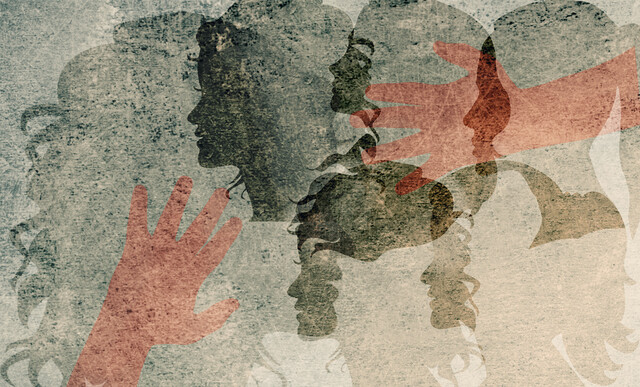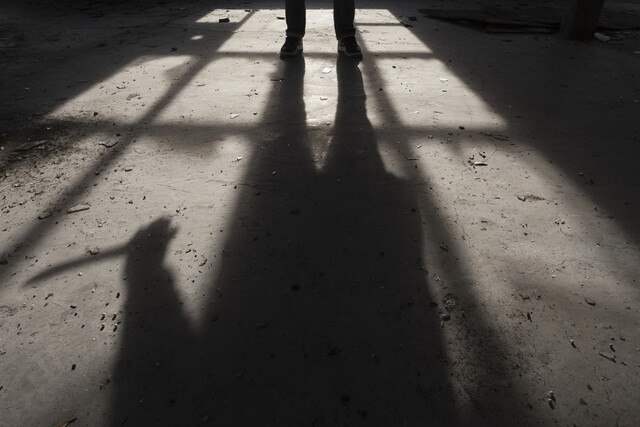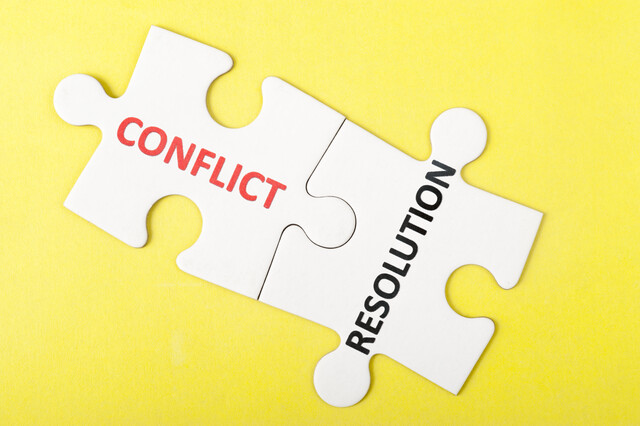Criminology: The Anatomy of American Justice
Theories and Patterns of Crime and Criminology

3 Hours average completion time
0.3 CEUs
6 Lessons
7 Exams & Assignments
854 Discussions
6 Videos
6 Reference Files
Mobile Friendly
Last Updated December 2025
Justice. Order. Punishment. These are not just words--they are the bedrock of every thriving society. In the United States, the criminal justice system embodies these principles, striving to balance safety, fairness, and freedom for all. Yet, it's an immense, ever-evolving world that can seem impenetrable. The truth is, understanding it is crucial, not just for those with ambitions in law or behavioral sciences, but for every engaged citizen.
Our course, The Anatomy of American Justice, is more than an academic exploration. It's a journey into the heart of a system that affects every aspect of society. Whether you're intrigued by crime and punishment or simply want to understand the machinery that keeps the scales of justice balanced, this course will transform the way you see the world around you.
A Living, Breathing System
Imagine the criminal justice system as a living organism--complex, interconnected, and vital. No single part works alone. The police, courts, corrections, and lawmakers are all threads in a tightly woven fabric. Like the roots of a vast tree, they branch out, stretching across society, shaping our laws, our freedoms, and our sense of safety.
This course takes you deep into that living organism. It doesn't offer a surface-level view. You'll explore the underpinnings of American justice, uncovering the ideologies and principles that form its backbone. From the moment you begin, you'll see how every decision made by a police officer, judge, or lawmaker ripples through the entire system--affecting lives, shaping policy, and maintaining order.
Why This Course?
Because this isn't just about facts and figures--it's about gaining real, meaningful insight into one of the most powerful systems in the world. It's about stepping into a world most people only see in headlines or dramatized on screen. By the end of your experience, you won't just understand the what of the criminal justice system; you'll grasp the why behind every action, every law, and every verdict.
The reality of our system is more complex, more nuanced, and more fascinating than any movie or television show could ever depict. Shows like Law & Order may introduce us to courtroom drama, but this course will take you behind the scenes--into the real world of police work, legal battles, and the fight for justice.
A System That Reflects Society
In 2020, more than 2.3 million people were incarcerated in the U.S. alone. These staggering numbers reflect not just the severity of crimes committed, but the weight of societal decisions--decisions that shape how we punish, how we rehabilitate, and how we strive to balance justice with mercy. This course takes you to the core of those decisions, unpacking the moral, legal, and social complexities that come with running one of the largest justice systems on earth.
You'll uncover the fundamental forces that drive crime and learn how society responds. The exploration doesn't stop at the law itself--it digs deeper into the psychology of criminals, the motivations behind criminal behavior, and the challenges law enforcement faces every day on the frontlines.
Pop Culture and Perception
You've seen it all before, right? The detective hero who breaks all the rules to catch the villain. The dramatic courtroom confession. The flashy forensic lab solving crimes in minutes. But how much of that is real? In this course, we'll unravel the myth from the reality, using pop culture references as a lens to analyze the true nature of the system. You'll discover how shows like CSI and True Detective shape public perception, and why reality often presents a much more complicated picture.
An Unbiased Exploration
Here, there are no political slants, no prepackaged ideologies. This is an honest, impartial exploration of justice in America. You'll see the triumphs--the moments when justice prevails and society is made better. But you'll also confront the failures, the inequities, and the moments that challenge the very idea of fairness. This balanced approach ensures that by the end, you'll have a well-rounded, nuanced understanding of the system, able to appreciate both its strengths and its flaws.
Whether you're preparing for a career in law, curious about the inner workings of the justice system, or simply seeking a deeper understanding of the world, this course offers something invaluable: clarity. It offers you a roadmap through the maze of laws, courts, and corrections that define American justice, empowering you with the knowledge to think critically about crime, punishment, and the very concept of justice itself.
The Time Is Now
The American criminal justice system is not a static entity. It changes, it adapts, and with it, our society shifts too. This course provides you with the insight to not just witness these changes, but to understand them. You'll emerge not just as someone who understands the system, but as someone who can engage with it thoughtfully and meaningfully.
So, why wait? Dive into the heart of justice, explore its complexities, and uncover the truths that shape our world. The Anatomy of American Justice isn't just another course--it's your key to understanding the system that shapes our society. Start your journey today, and see the world through the lens of justice.
- Critical thinking on crime and justice
- Analyzing cultural impacts on justice perception
- Societal decision-making insights
- Evaluating retributive versus rehabilitative justice
- Assessing influence of media on justice views
- Exploring modern policing innovations
- Balancing justice and civil liberties
- Understanding criminal psychology
- Identifying systemic strengths and weaknesses
-

Workplace Sexual Harassment in the #MeToo Era
-

Child Abuse Recognition, Investigation, and Protection
-

Emotional Intelligence
-

Legal Terminology 101
-

Creative Thinking Skills
-

Serial Killers 101
-

Conflict Resolution
-

Contract Law 101 - An Introduction
-

Mediation 101
-

Healthy Relationships
-

Understanding Insurance Types
-

Critical Thinking Skills
-

Assertiveness Training
-

Confidence Building
-

Criminology: The Anatomy of American Justice
-

Innovative Thinking Skills